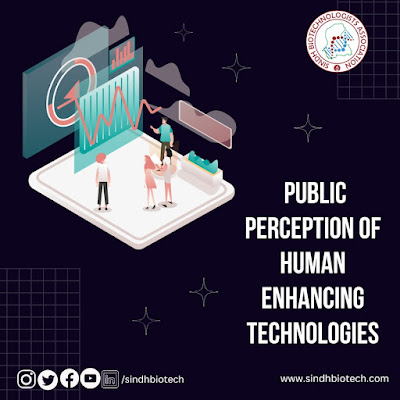Survey on prevalence and impact of migraine among young generation
Survey by: Sania Baig
Introduction:
Migraine has long been associated with specific vestibular diseases, including benign ferocious vertigo in youth and benign intermittent vertigo in grown-ups. Basilar arterial migraine represents a special form of migraine associated with severe vertigo, but habitual, nonspecific symptoms of vestibular system dysfunction can also be related to migraine. The instantiations of migraine-related vestibular symptoms are relatively varied, ranging from episodic true vertigo to constant imbalance, movement-associated disequilibrium, and space and stir discomfort. The onset of vestibular symptoms may happen in youth or the majority. Symptoms can happen before the onset of the headache, during a headache, or during a headache-free interval. Because of the largely varied donation of symptoms, the diagnosis of migraine-related vestibulopathy requires mindfulness of the implicit vestibular instantiations of migraine and a scrupulous history taking with a specific inquiry into the circumstance of headache and other migraine-associated symptoms and into the family history of migraine. (Migraine-related vestibulopathy)
Migraine can be classified into subtypes according to the
headache classification commission of the International Headache Society. These
subtypes are
migraine
without aura
is an intermittent headache attack of 4 to 72 hours
(about 3 days); generally unilateral in position, palpitating in quality,
moderate to severe in intensity, exacerbated by physical exertion, and
associated with nausea and light and sound perceptivity (photophobia and phonophobia).
Migraine
with aura
has intermittent completely reversible attacks, lasting seconds, generally one
or further of these unilateral symptoms visual, sensory, speech and language,
motor, brainstem, and retinal, generally followed by headache and migraine
symptoms.
Chronic
migraine
is a headache that occurs on 15 or further days in a month for further than
three months and has migraine features on at least eight or further days in a
month.
Migraine
could be a genetically influenced complicated disorder characterized by
episodes of moderate-to-severe headache, most frequently unilateral and usually
related to nausea and enhanced sensitivity to lightweight and sound. The word
megrim springs from the Greek word "hemikrania," later born-again
into Latin as "hemigranea." The French translation of such a term is
"migraine." megrim could be a common explanation for incapacity and
loss of labor. megrim attacks are complicated brain events that unfold over
hours to days in an exceedingly continual matter. (O;
Migraine headache 2022)
Aims and objectives:
1. This study aims to assess the impact of migraine on young people.
2. A group of young generation with migraine identification.
3. The present study aims to determine the prevalence and risk factors of migraines among the younger generations as well as the effect of this disease on their daily life.
Reference:
1. Cass SP;Furman JM;Ankerstjerne K;Balaban C;Yetiser S;Aydogan B; (no date) Migraine-related vestibulopathy, The Annals of otology, rhinology, and laryngology. U.S. National Library of Medicine. Available at: https://pubmed.ncbi.nlm.nih.gov/9078929/.
2. O; P.R.M.A.D.J. (2022) Migraine headache, National Center for Biotechnology Information. U.S. National Library of Medicine. Available at: https://pubmed.ncbi.nlm.nih.gov/32809622/.
3. Belam J;Harris G;Kernick D;Kline F;Lindley K;McWatt J;Mitchell A;Reinhold D; (2005) A qualitative study of migraine involving patient researchers, The British journal of general practice: the journal of the Royal College of General Practitioners. U.S. National Library of Medicine. Available at: https://pubmed.ncbi.nlm.nih.gov/15720928/.
4. Rafi, A. et al. (2022) Prevalence and impact of migraine among university students in Bangladesh: Findings from a cross-sectional survey - BMC neurology, BioMed Central. BioMed Central. Available at: https://bmcneurol.biomedcentral.com/articles/10.1186/s12883-022-02594-5.




Comments
Post a Comment